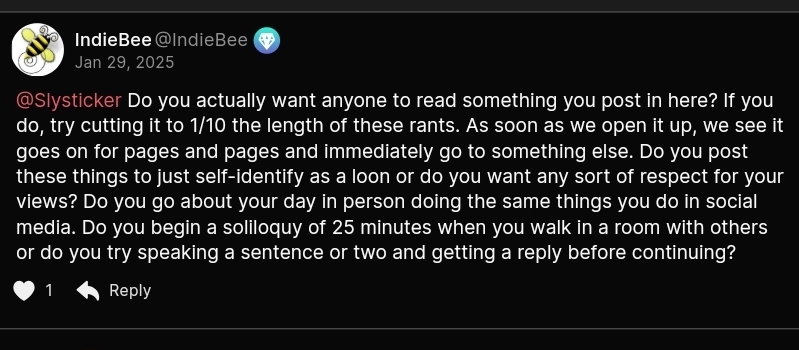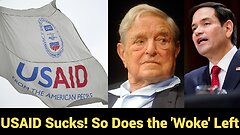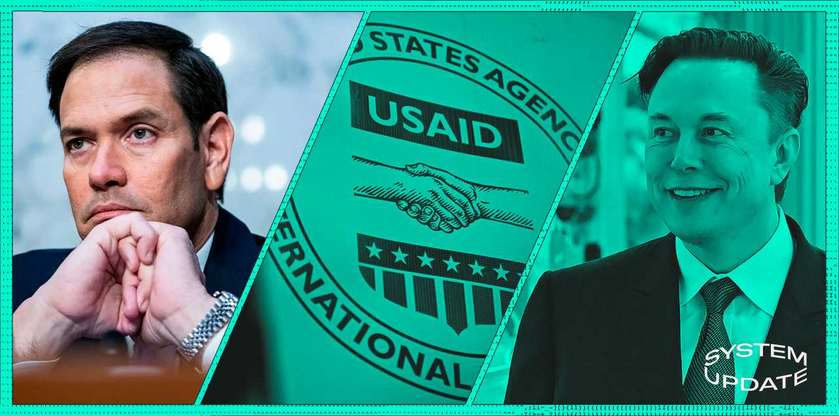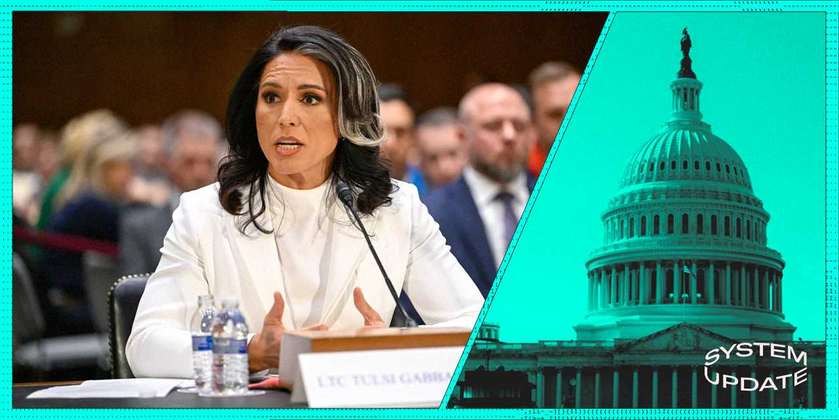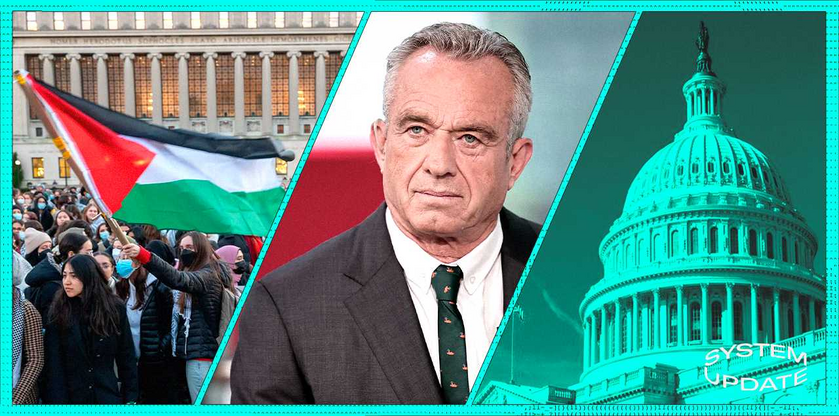The following is an abridged transcript from System Update’s most recent episode. You can watch the full episode on Rumble or listen to it in podcast form on Apple, Spotify, or any other major podcast provider.
System Update is an independent show free to all viewers and listeners, but that wouldn’t be possible without our loyal supporters. To keep the show free for everyone, please consider joining our Locals, where we host our members-only aftershow, publish exclusive articles, release these transcripts, and so much more!
Ever since Donald Trump entered the White House to begin his second term, there has been – by design – a flurry of highly significant orders, policies and changes, most of which, for better or worse, were promised during the campaign. The rapidity of these changes has created the impression for some that there is no coherence behind them, that they are all just designed to appease Trump's base voters with symbolism or to impose frantic vengeance.
If one digs deeply enough, one can locate a coherent worldview, especially when it comes to Trump's foreign policy changes. When Trump began nominating a series of conventional establishment Republicans to key positions after the election, people like Marco Rubio at State and Elise Stefanik at the U.N. and others – many people demanded of us that we denounce these picks, given that they signaled that Trump's pledge for a new kind of foreign policy was clearly a fraud. In response, my answer was always the same: even though I didn't like some of those picks, I never thought that one could reliably read into every one of Trump's choices some sort of tarot card about what Trump would do given that I kept hearing from Trump's closest circle for a long time now that they were determined to ensure that all of Trump's picks this time around would follow rather than subvert his vision as laid out in the campaign.
Marco Rubio just gave an interview to Megyn Kelly late last week that strongly suggests this is true, as Rubio sounded far less like the standard GOP warmonger he has been for years and a lot more like a committed America First advocate, with a series of surprising acknowledgments, highly unusual for someone occupying a high place in U.S. government officialdom. We’ll look at that, as well as the Trump administration's foreign policy actions thus far to determine which consistent and cohesive principles can be identified.
Then: Our guest is Mike Benz, a former State Department official during the first Trump administration who has become one of the most outspoken and knowledgeable critics of the US Security State. In the last year, he has appeared on the shows of both Joe Rogan and Tucker Carlson to do so. He has become a font of information about why USAID in particular is such a destructive, toxic and wasteful agency – as Democrats march to protect it - and he'll be here with us to talk about why that is.
Donald Trump often railed against the toxic and evil influence of neocons, particularly in American foreign policy, throughout 2023 and 2024, as he attempted to return to the White House. He seemed convinced of it and had a lot of policy initiatives designed to undermine the promises of neoconservatism and, in the process, alienated a lot of them, beginning with things like his opposition to or at least skepticism about the U.S. involvement in the war in Ukraine, the U.S. making NATO a central part of our foreign policy, even though the original purpose which is to deter the Soviet Union from invading Western Europe, obviously no longer applies, and a whole variety of other pieties of the foreign policy establishment Donald Trump was waging a frontal assault on.
Once Trump won the election and began choosing his national security cabinet, a lot of people immediately concluded that all of that must be a fraud because Trump was choosing people like Marco Rubio, Elise Stefanik, Mike Huckabee to be the U.S. ambassador to Israel, like John Ratcliffe at the CIA, like Mike Waltz to be his National Security Advisor, who have a long history similar to Mike Pompeo or Nikki Haley or even Liz Cheney in endorsing this sort of posture of endless war, of having the U.S. dominate the world in exactly the way that would please most neocons.
Although, as I said, I wasn't thrilled with those picks, I wasn't the one elected, so my choices would be much different. I was very resistant to the idea that simply because Trump was choosing some, by no means all, but some politicians who have a long history of establishment dogma. Those are the ones who sped through confirmation in the Senate, of course, including with lots of Democratic support. It didn't mean that those people were going to be governing foreign policy in the Trump administration because it was clear that Donald Trump knew that he was the one who won this race and intended to impose his vision on the world and wanted loyalists around him who would carry out those visions.
In contrast to the first term, when he had a lot of people there who were deliberately sabotaging his foreign policy, often applauded by the media, including members, by the way, of the U.S. military, which meant that the U.S. military was essentially seizing civilian control of foreign policy, seizing control from democratically elected officials and assigning it to themselves so that they would often counter or even ignore his foreign policy decisions and they would be celebrated by the press as the adult in the room. This was all something that I knew from hearing from many people inside the Trump circle, both on the show and otherwise, that they were most determined to avoid. And so, when they were picking the Marco Rubios and the Elise Stefaniks, I wasn't happy about it but I also knew that it wasn't proof that Trump was going to lead a conventional U.S. foreign policy because it was clear that they were picking people who, beyond any particular set of beliefs, was willing to be loyal to Donald Trump's worldview and his agenda, because that's what had just been ratified by the American people.
Even The New York Times in the wake of Trump’s victory in November, and I'm not sure they meant this as a compliment or as a warning, but either way, they were the ones who were coming out and saying, look, these people were neocons for sure, but they've now made radical, visible and palpable changes to the way they talk about foreign policy. Here, The New York Times headline:


